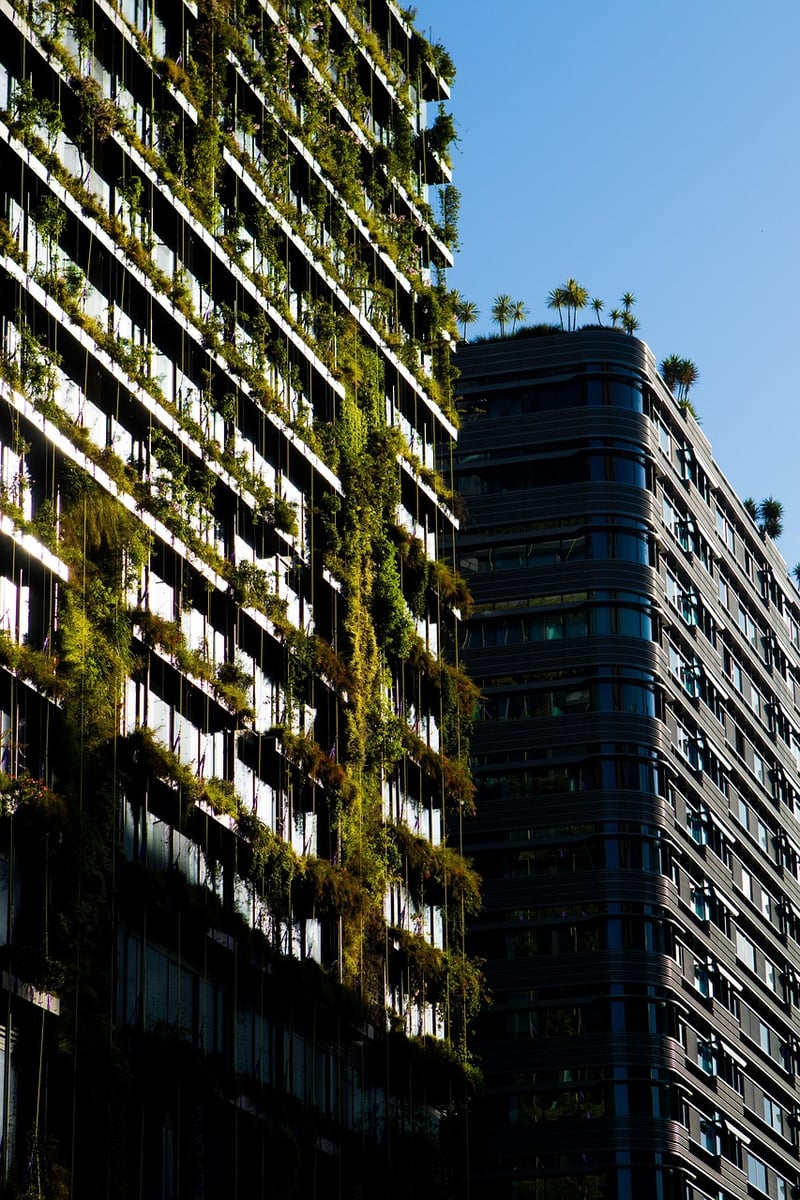Fertilizing Guide
Keep Your Vertical Garden Healthy and Thriving + Fertilizing Guide

Tips for Maintaining a Healthy Vertical Garden
Vertical gardens can bring life and color to any space, but they require proper care to thrive. Here are some tips to keep your vertical garden healthy:
1. Choose the Right Plants
Not all plants are suitable for vertical gardens. Select plants that are lightweight, have shallow roots, and thrive in your specific climate and lighting conditions.
2. Water Regularly
Vertical gardens can dry out quickly, especially during hot weather. Make sure to water your garden regularly, ensuring that all plants receive adequate moisture.
3. Prune and Trim
Regular pruning and trimming help prevent overgrowth and maintain the health of your plants. Remove dead leaves and spent flowers to encourage new growth.
4. Monitor Light Exposure
Ensure that your vertical garden receives the right amount of sunlight. Some plants may require full sun, while others thrive in partial shade. Adjust the placement of your garden accordingly.
Fertilizing Your Vertical Garden
In addition to regular watering and maintenance, fertilizing is essential to keep your vertical garden lush and vibrant. Here's a simple guide to fertilizing your vertical garden:
1. Choose the Right Fertilizer
Opt for a balanced liquid fertilizer or slow-release granular fertilizer suitable for the types of plants in your vertical garden. Avoid over-fertilizing, as it can harm your plants.
2. Follow a Schedule
Establish a fertilizing schedule based on the needs of your plants. Some plants may require fertilization every few weeks, while others may only need it once a month.
3. Apply Fertilizer Properly
Follow the instructions on the fertilizer packaging for the correct dosage and application method. Avoid getting fertilizer on the leaves, as it can cause burns.
4. Monitor Plant Health
Keep an eye on the overall health of your plants after fertilizing. If you notice any signs of nutrient deficiency or over-fertilization, adjust your fertilizing routine accordingly.
By following these tips and guidelines, you can ensure that your vertical garden remains healthy, vibrant, and a beautiful addition to your indoor or outdoor space.
